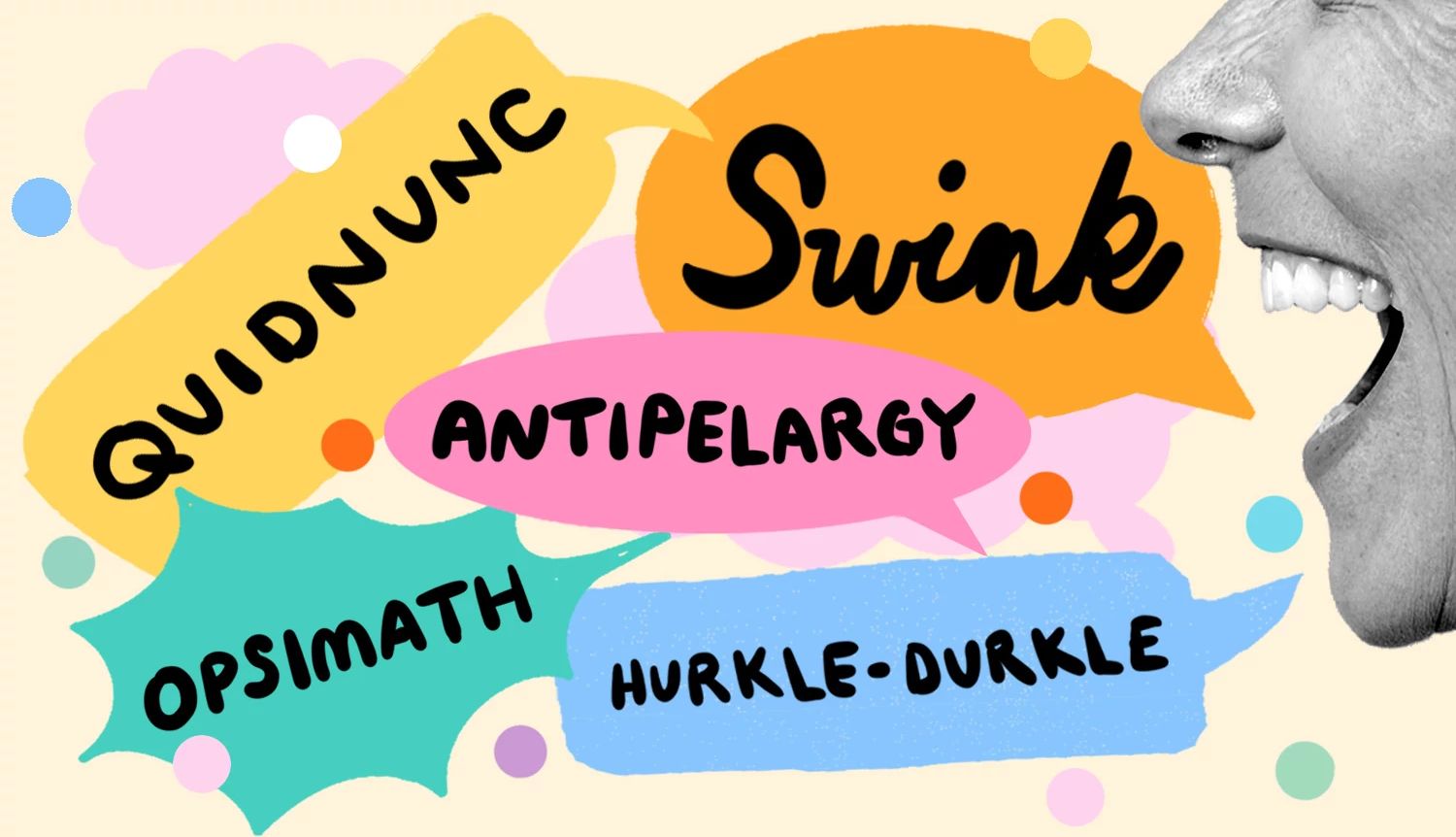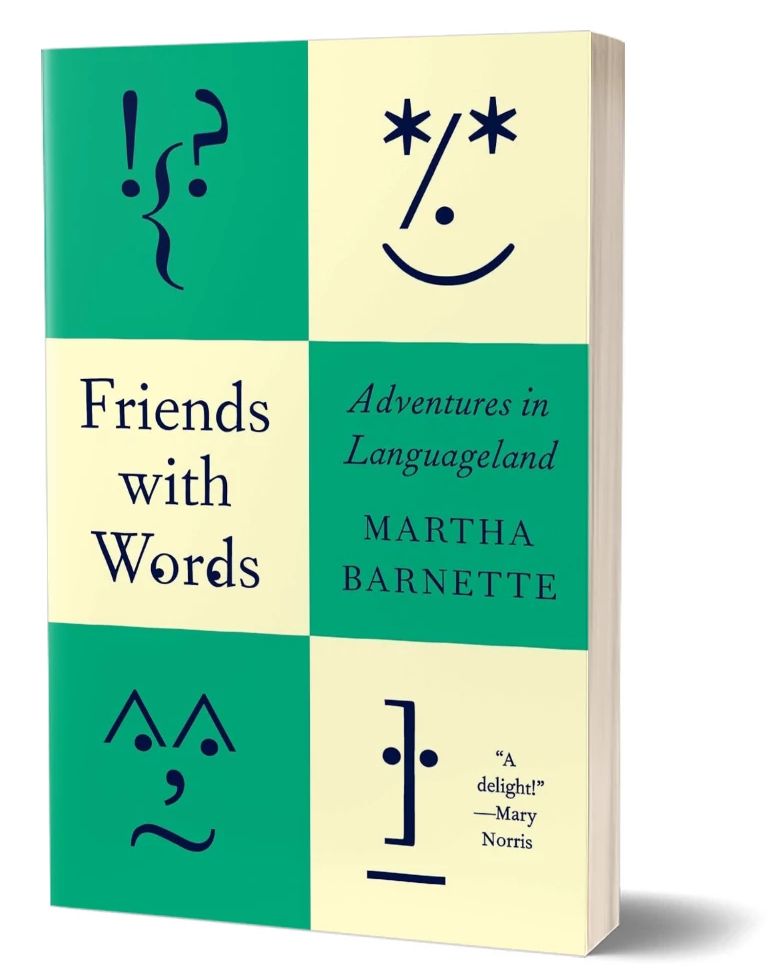AARP Hearing Center


It started with a conversation about the difference between the words nice and kind.
Bonnie Benitez called in to A Way with Words, the public radio show and podcast about language hosted by journalist and author Martha Barnette and lexicographer and linguist Grant Barrett. The show mirrors the popular talk show Car Talk, but instead of Click and Clack discussing your sputtering transmission or balding tires, it’s Barnette and Barrett discussing why a Kentuckian would say mulligrubbing instead of bellyaching, or why Nebraskans call pull-tab lottery cards pickles. (It has to do with illegal gambling!)
For that episode in 2015, Benitez wanted to discuss why she thought being nice and kind were different, prompted by a recent discussion she’d had with colleagues.
Barnette recalls the conversation: “She’s a New Yorker, and she said, ‘You know, I think of myself as a kind person but not a nice person. And by that, she meant that nice is this performative thing you do, but that kind comes from within.”
Barnette, 67, tied the difference back to etymology, the study of the origin and evolution of words. Nice comes from the Latin nescius, meaning “unaware and ignorant.”


“Then nice changed over the centuries to mean what it means today,” says Barnette. Kind comes from Old English cynd, meaning “natural” or “innate.” “Early uses of it as an adjective suggested the idea of kinship, or treating someone as you would family, which is a lovely etymology, right?”
Ultimately, Barnette didn’t think the conversation was all that memorable. “I would have loved to go further into the etymology of nice, but my cohost and Bonnie were more focused on the modern meanings.”
Years later, Benitez resumed the conversation at a Way with Words fundraiser by walking up to Barnette and mentioning that they had spoken years prior about nice and kind. And before Benitez left, she put a piece of paper in Barnette’s hand. “It was the first and only time that I ever hoped that that piece of paper was not a check for our struggling nonprofit!” Barnette says. Benitez had heard Barnette mention that she was single on the show and used the pronouns “she” and “her” when talking about an ex. And she was there to shoot her shot.






































































You Might Also Like
AARP’s Favorite 2025 Books (So Far)
AARP’s books editor shares her top 10 reads
The 75 Essential Books for Gen Xers
Remembering the reads that entertained us, taught us and shaped us into who we’ve become
Stephen King’s ‘Never Flinch’ Is a Gripping Detective Tale
The master of the macabre has done it again in his latest novel